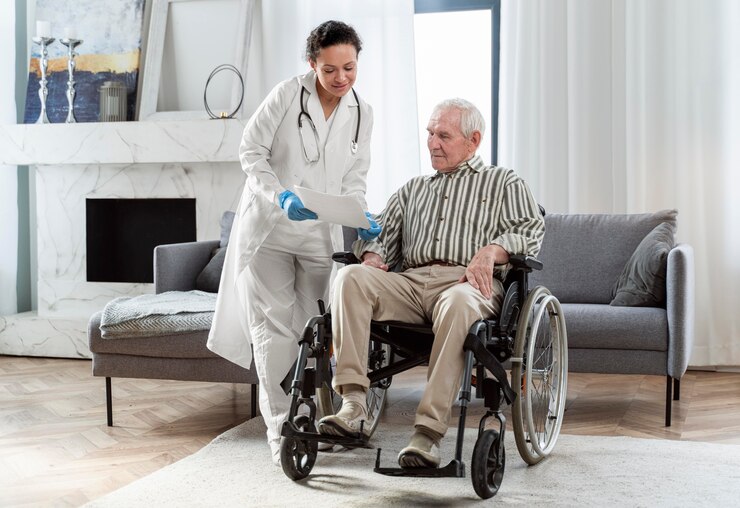Caring for individuals facing Alzheimer’s disease demands a nuanced and compassionate approach. The role of a personal care assistant becomes particularly significant in navigating the complexities of Alzheimer’s care. This article explores the ways in which a personal care assistant can contribute meaningfully to the well-being of individuals grappling with Alzheimer’s.
Tailored Support: Addressing Individual Needs
A pivotal aspect of Alzheimer’s care involves recognizing and responding to the unique challenges and preferences of each individual. Personal care assistants are trained to provide personalized in home elderly help, ensuring that the care they offer is not only effective but also respectful of the person’s identity and life history.
Emotional Support: Creating a Nurturing Environment
Alzheimer’s can be emotionally taxing, both for the individuals affected and their families. Personal care assistants are equipped to offer emotional support, creating a compassionate environment. This nurturing approach goes beyond addressing physical needs, fostering companionship and empathy to enhance the overall well-being of those in their care.
Maintaining Routine and Structure: Minimizing Disorientation
Consistency and routine play a crucial role in minimizing confusion and disorientation for individuals with Alzheimer’s. Personal care assistants contribute to maintaining a structured environment, assisting with daily activities, and engaging in familiar routines to provide a sense of security and stability.
Communication Skills: Fostering Connection
Effective communication is essential in Alzheimer’s care. Personal care assistants employ clear and positive communication techniques, adapting their approach to the evolving needs of individuals with the disease. Through fostering meaningful connections, Personal care assistants contribute to a sense of understanding and trust between caregivers, individuals with Alzheimer’s, and their families.
Assistance with Activities of Daily Living (ADLs): Ensuring Comfort
As Alzheimer’s progresses, individuals may require assistance with daily activities. Personal care assistants are skilled in providing support with dignity and respect, addressing personal grooming, meal preparation, and mobility. This assistance aims to ensure individuals maintain a sense of comfort and independence in their daily lives.
Conclusion:
A personal care assistant serves as a valuable support system in Alzheimer’s care, offering tailored assistance, emotional nurturing, routine maintenance, effective communication, and support with daily lives. The impact of personal care assistants extends beyond mere elder care home care in Maine, contributing significantly to the overall quality of life for individuals facing Alzheimer’s.



